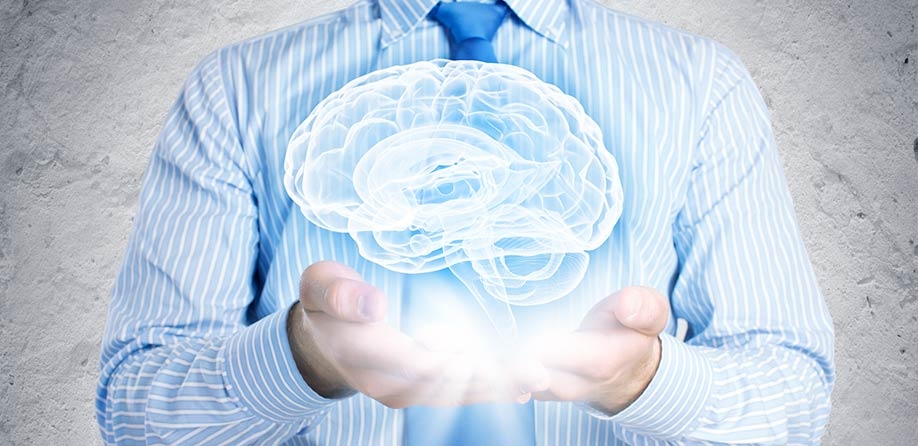
Magnesium Protects the Brain
Magnesium is a powerhouse. It is inexpensive and is used to treat a vast array of medical problems, often better than any drug or medical procedure available. The latest feather in magnesium’s cap is its newly-discovered ability to protect the brain and improve the neurologic outcomes of infants and adults who have had oxygen deprivation in their brains.
Magnesium is a simple element, abbreviated Mg, and is number 12 on the Table of the Elements. It is only present in small amounts in the body, yet it is imperative for many bodily processes and is essential for several lifesaving emergency treatments in hospital in cases where there are simply no other procedures or drugs that exist to help.
One of the common lifesaving uses in hospital is literally the ONLY treatment. In the movies, when someone’s heart stops beating and the doctors or paramedics rush on scene with CPR and a defibrillator to “shock” the patient’s heart back into a normal rhythm, they often portray the heart rhythm as a ‘flatline’ with no electrical activity. But in reality, if it is very soon after a person’s heart stops, s/he often has a heart rhythm called ‘Ventricular Fibrillation’- which is treated by ‘shocking’ it back to a normal rhythm. This is something that you cannot do with a ‘flatline’.
But occasionally, if this rhythm remains despite the best efforts to get the heart started, it may be that the rhythm is a specific subtype of Ventricular Fibrillation called torsade de pointes. This rhythm is hard to distinguish from ‘simple’ ventricular fibrillation, but the importance of recognizing it quickly can’t be understated because the ONLY effective treatment is the immediate infusion of intravenous magnesium. Without emergency magnesium, the patient will die.
Additionally, intravenous magnesium is the only effective treatment for the prevention of seizures in women with late stage pregnancy, where blood pressure is extremely high. This is a very dangerous condition called eclampsia that requires immediate delivery of the baby in order to resolve. Magnesium also shines as helpful additional treatment for many other problems such as heart rhythm disturbances, migraine headaches, depression, diabetes and constipation.
But some of the latest and most exciting new research is showing its protective effects on the brain. Strokes, often called ‘brain attacks’, are one of the most devastating neurologic events. With few treatment options after the first few hours of symptoms, most of the time the family is relegated to just ‘watch and wait’ to see if the patient gets better. Often they don’t get better and are faced with a lifetime of disability.
Some studies have shown that a higher daily magnesium intake can help prevent strokes. But, even more remarkably, a recent study found that intravenous magnesium, when used with other treatments, has “synergistic neuroprotective effects and reduces brain injury” in strokes caused from lack of blood flow to the brain.
While that study is impressive in its own right, another new study shows that magnesium also protects the brains of infants during childbirth when complications cause the baby to have a lack of oxygen to the brain. This devastating event called perinatal asphyxia often leads to permanent brain damage and disability. When magnesium was given to infants after these highly stressful births, researchers concluded that it “improved neurologic outcomes”. An impressive feat, since giving oxygen and having hope is the current standard treatment for these infants.
So, while physicians still don’t even recommend that the general population take magnesium regularly despite its impressive list of accomplishments and its incredible record of safety, magnesium continues to rack up successes in treating and preventing some of the most difficult medical problems that exist today.
Hippocrates Pure Food-Grade Magnesium Chloride is available.




